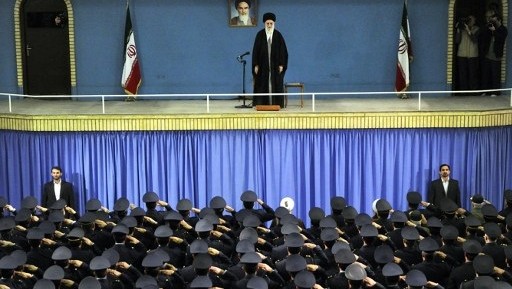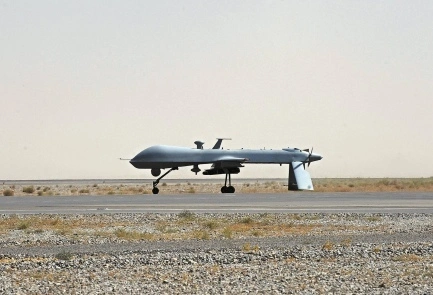MK Ayelet Shaked is pinning her hopes on integrating the ultra-Orthodox community into the workforce • “Whoever talks about equalizing the burden is wrong — enlisting in the military is a privilege, not a burden.”
Habayit Hayehudi MK Ayelet Shaked, the head of the Knesset’s Special Committee for the Equal Sharing of the Burden, responded on Tuesday to criticism committee’s bill.
Shaked said the bill would not bring about complete equal sharing of the burden. “It is not a law of equality, but it is meant to reduce the inequality,” Shaked told Israel Hayom in an interview.
Shaked said targets for enlisting ultra-Orthodox men into military and civil service — some 5,200 men according to proposals in the new law — are no different than what is actually happening in reality. “If the state would budget ultra-Orthodox enlistment, and the army would take the situation seriously like it did last year — the new law would be unnecessary and there would be no need to replace the Tal Law.
“Whoever talks about equalizing the burden is wrong. There isn’t equality, there is a reduction in the gap of inequality, and there is no burden because serving in the army is a privilege. Our goal is to make sure the ultra-Orthodox sector will integrate into the workforce, which is a very important goal.”
Shaked said she had asked the army to look into alternatives to extending women’s military service, and that she would not give up on shortening the time for men.
Discussions continued Tuesday as the committee argued over the military service of Zionist yeshiva students. Representatives of the ultra-Orthodox community, MKs Moshe Gafni, Meir Porush, and Ariel Atias actually came to the defense of the Zionist yeshiva students who serve in the army, after learning that the new law allows them to study until the age of 23 before enlisting.
“You want to destroy the rabbinate and the judgeship. If they enlist in the Israel Defense Forces at age 23, they won’t have rabbis and teachers at an advanced level. Why not let them continue studying?” MK Gafni said.
“If you pass this law, we will not obey it,” Porush said.
On the other hand, Yesh Atid MK Ofer Shelah said he has great respect for Zionist yeshiva students because 80 to 85 percent of them serve in combat units.
After a heated debate, the committee approved the clause that would allow yeshiva students to defer their military service, and continue studying, until the age of 23 — with the exception of 300 students that can delay their service until age 26.
The committee also discussed the enrollment of Chabad men. “Every year, dozens of Chabad students evade the military by going abroad at age 17 or 18 for a few years. Those who come back are sentenced and forced to serve,” the Israel Defense Force representative, Brig. Gen. Gadi Agmon said.
The committee decided to vote some time next week on further reservations to integrating yeshiva students in the IDF.
“After cancelling the Tal Law that was not equal, we are heading towards an agreement which is even less equal. What is being done here is in legal doubt,” said Professor Yedidia Z. Stern, Israel Democracy Institute vice president of research, adding that talks of criminal penalties can’t hide the fact that next year there will be fewer haredim enlisting.
At a graduation ceremony for the IDF Ground Forces officer training course on Tuesday, Prime Minister Benjamin Netanyahu said, “I want to see on this parade ground a more equal representation of all parts of our society. This is true and correct for everyone and we are currently working in this direction.”







